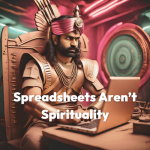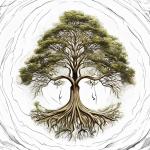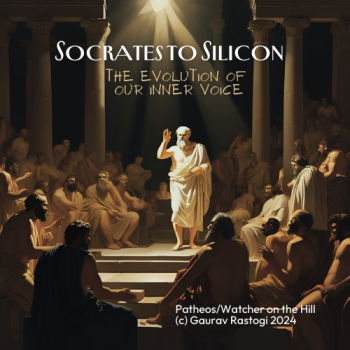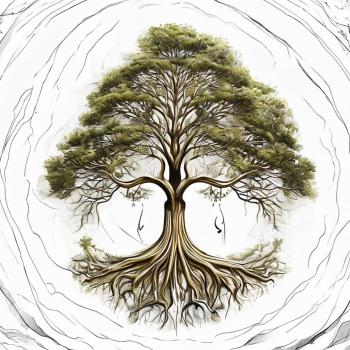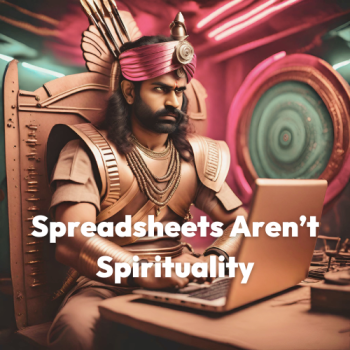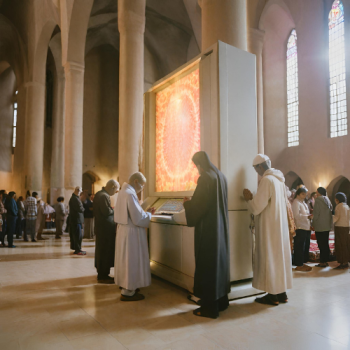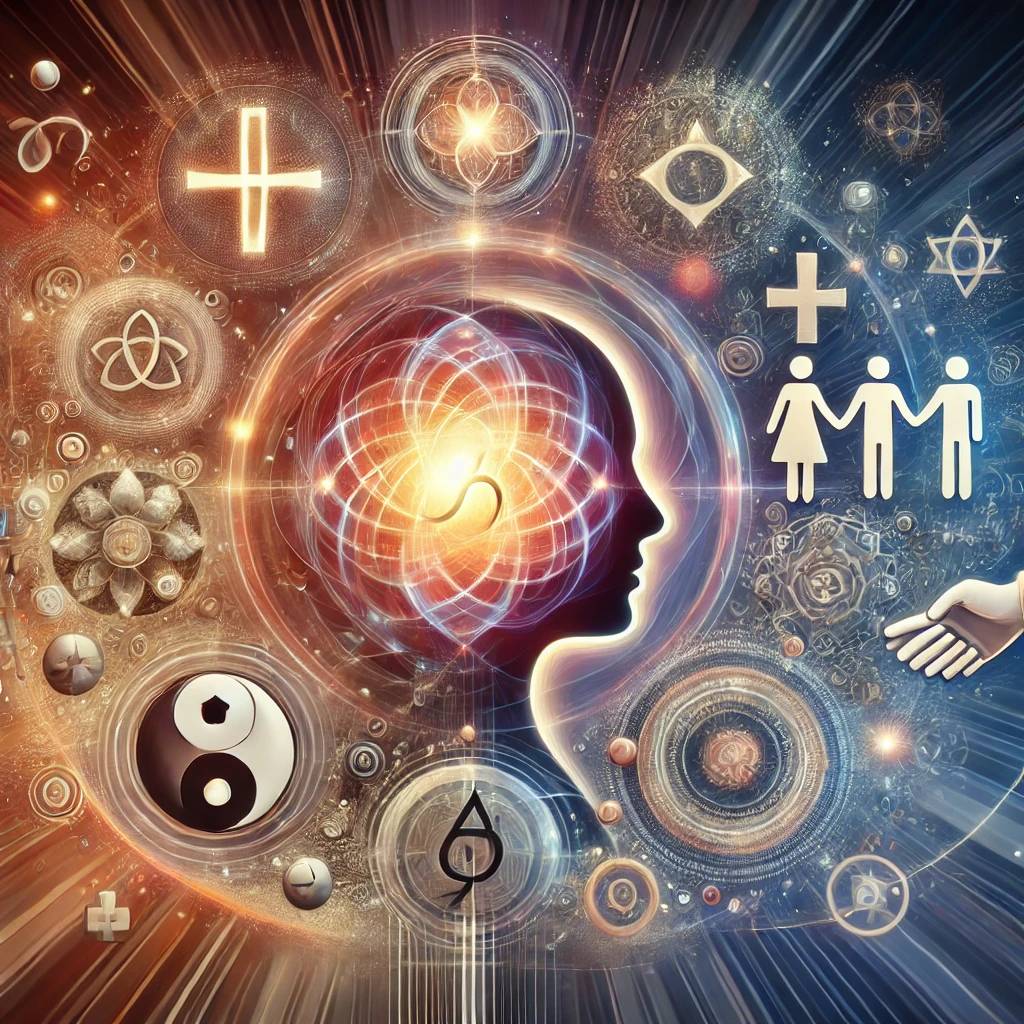
It’s 2024, and as voters, we face the complex landscape of our identities and beliefs. We must balance the influence of party loyalty and the weight of our policy preferences, all while straddling multiple truths. Something must give.
We belong to many truths and don’t always know how to choose among them. Our knee-jerk response is to look for a simplifying truth, a choice that supersedes every other choice and eliminates all paradoxes. But this reduces our identity to a tiny circle of possibilities.
Our identity works at many layers. Our Being is shaped by deeply personal convictions. Our beliefs encompass our secret names for God, our stance on scientific theories, the concept of the divine, and sometimes even the length of our pajamas. Our sense of Belonging is defined by our educational background, dietary restrictions, cultural affiliations, and even how we categorize societal structures. Our Behavior manifests in our accents, health choices, empathetic responses, and the symbols we display.
By embracing these overlapping aspects of our identities – Being, Beliefs, Belonging, and Behavior – we open ourselves to a richer, more nuanced understanding of the world. This capacity to hold seemingly contradictory truths makes us uniquely human, allowing us to grow, adapt, and connect in an ever-changing world, where even our choice of pronouns can be a profound statement of identity.
Contradictions and Paradoxes
These overlapping identities often lead us to embrace truths that, on the surface, might seem contradictory. A string theorist might find profound meaning in ancient religious texts. An advocate for social justice might struggle with inherited cultural practices. The parent who fiercely loves their child might also long for moments of solitude and independence. The beauty of human cognition lies in our ability to hold these multiple truths simultaneously. We can recognize that the pain we feel most acutely – tied to our nationality, race, or personal experiences – doesn’t negate the validity of others’ suffering. We can embrace scientific advancements like vaccines while respecting individual bodily autonomy.
Thou Shalt Have Low “t”?
By embracing the paradox of multiple truths, we open ourselves to a more nuanced understanding of the world. We become more adaptable, more compassionate, and more fully human. We recognize that the flag on someone’s social media profile doesn’t define their entire being, that the accent they speak with is just one thread in the tapestry of their identity. In a world that often seeks to divide us into neat categories of “oppressor” and “oppressed,” embracing our multiple identities and truths allows us to see the humanity in others, even when their experiences differ from ours. It enables us to build bridges across seemingly insurmountable divides, recognizing that all contain multitudes.
Embrace the High T
Sanatana Dharma, often called Hinduism, offers a profound example of embracing multiple truths. This ancient tradition recognizes that Truth, with a capital ‘T’ and a small ‘t,’ can manifest in multiple forms. The Divine can be approached through countless paths, each valid in its own right. From the devotional bhakti yoga to the intellectual jnana yoga, from the action-oriented karma yoga to the meditative raja yoga, Sanatana Dharma offers a spectrum of approaches to spiritual realization. It does not require adherents to reduce or limit the totality of truth. Instead, it encourages exploration and personal experience, recognizing that each individual’s journey to understanding is unique. This inclusive philosophy allows for the coexistence of seemingly contradictory ideas, celebrating the diversity of human spiritual experience while maintaining that all paths ultimately lead to the same universal truth.
As we navigate the complex landscape of our identities and beliefs, we will do well to remember the lessons of our political discourse. Just as voters in 2024 find themselves balancing party loyalty with policy preferences, we, too, must embrace the multiple truths that shape our lives. We should open ourselves to a richer, more nuanced understanding of the world and our place in it. Our capacity to hold seemingly contradictory truths makes us uniquely human, allowing us to grow, adapt, and connect in an ever-changing world.
Don’t let political and religious leaders reduce the Truths available to you.


